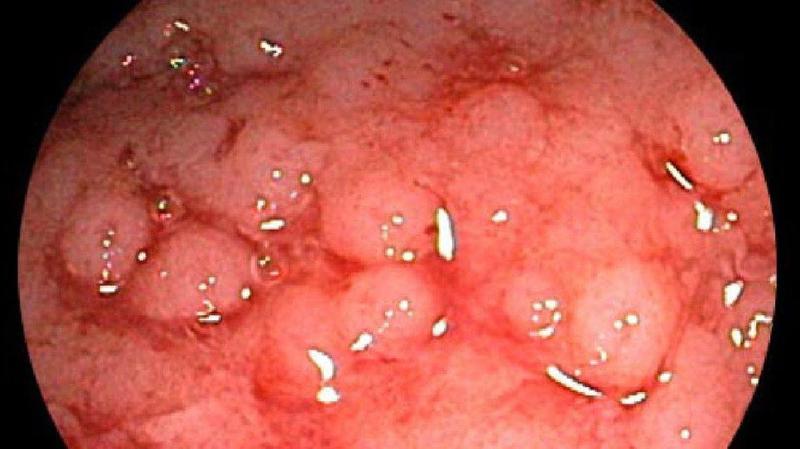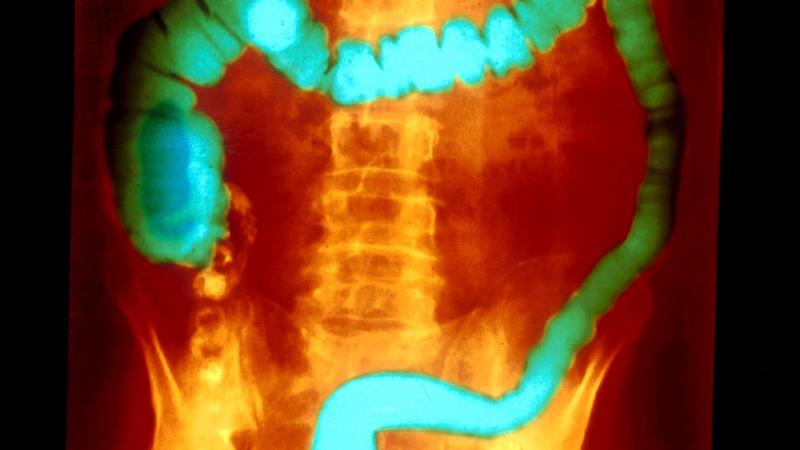
Ulcerative colitis (UC) is an autoimmune disease that causes the immune system to attack the colon, leading to a range of painful signs and symptoms, both in the gastrointestinal (GI) tract and in other parts of the body. The condition causes long-term inflammation of the cells that line the colon, resulting in sores called ulcers. Like most autoimmune diseases, UC has no known cure, but treatment can significantly reduce the signs and symptoms of the disease and possibly even lead to long-term remission.
The signs of ulcerative colitis affect people differently, and about half of the patients diagnosed with the condition only have minor symptoms. Additionally, the symptoms often develop over time, rather than suddenly, which could result in increased tolerance for the discomfort associated with symptoms. If you experience any of these warning signs for ulcerative colitis, consult your healthcare provider.
Abdominal Pain
According to Rabia De Latour, M.D. at NYU Langone Health in New York City, abdominal pain is normal in ulcerative colitis, but the severity varies from patient to patient. It can range from occasional and mild to frequent and severe with many reporting cramping and dull aches.

Weight Loss
Long-term inflammation in the colon can lead to digestive problems. “The ulcerative colitis stomach pain will prevent you from eating, and thus your body won’t be absorbing the necessary nutrients and, in turn, leads to sudden weight loss,” says Nana Bernasko, Doctor of Nursing Practice (DNP). This disease can also lead to reduced appetite, nausea and poor growth in children.

Diarrhea
Diarrhea is one of the most common signs of ulcerative colitis. It’s essential to check in with your doctor if your bouts of diarrhea aren’t getting better. The duration of this sign is also vital. If your diarrhea persists for a couple of days, it could be a result of something you ate or an infection. However, if it lasts for several weeks, it could mean something more serious is going on. Dr. Glenn H. Englander, a gastroenterologist, prefers not to subject patients to tests or invasive investigations if they haven’t had this sign for a month unless there is blood in the stool.
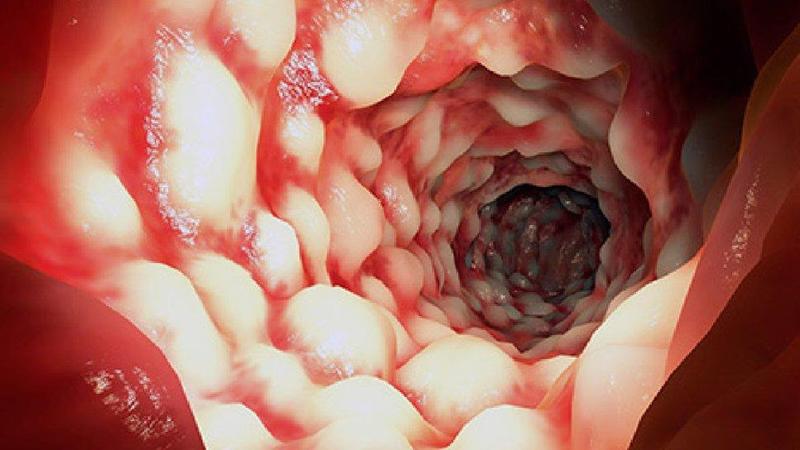
Blood in the Stool
Seeing blood in your stool is generally always a red flag. This warning sign is common when the inflammation is severe. It could be a result of something simple like an anal fissure or hemorrhoids. Nonetheless, it’s prudent that you visit your doctor, as it could also signal something else is going on.
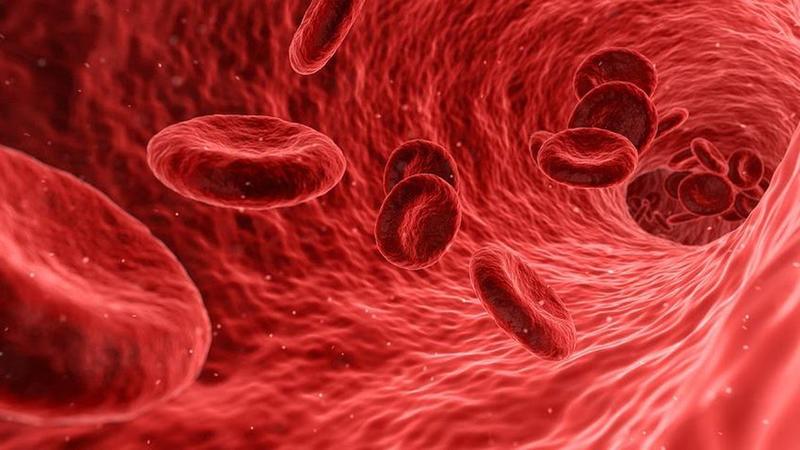
Anemia
When you lose blood in the stool, you are at risk of losing iron in the process. For this reason, anemia is sometimes linked with UC, according to the National Center for Biotechnology Information. Feeling excessively tired and fatigued can be more than just the aftermath of a long day. It could be a sign of severe iron deficiency. Other warning signs of anemia include lightheadedness and pale skin.
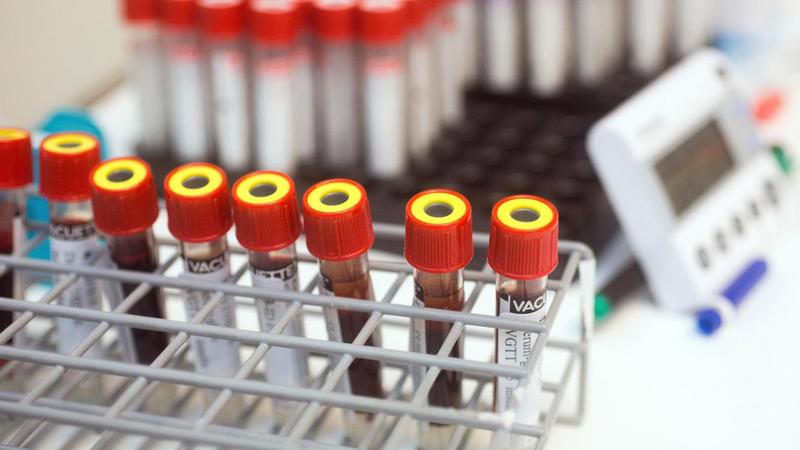
Fatigue
Fatigue associated with ulcerative colitis is above and beyond what you would feel after getting a bad night’s sleep. According to Dr. Englander, the sort of fatigue that comes from missed sleep feels like sleepiness in your head, while you feel fatigue from UC throughout your body. This sign isn’t enough all by itself for an ulcerative colitis diagnosis, but if it is combined with stool-related symptoms and gastrointestinal or abdominal pain, it could be part of a combination of warning signs that indicate you have ulcerative colitis.
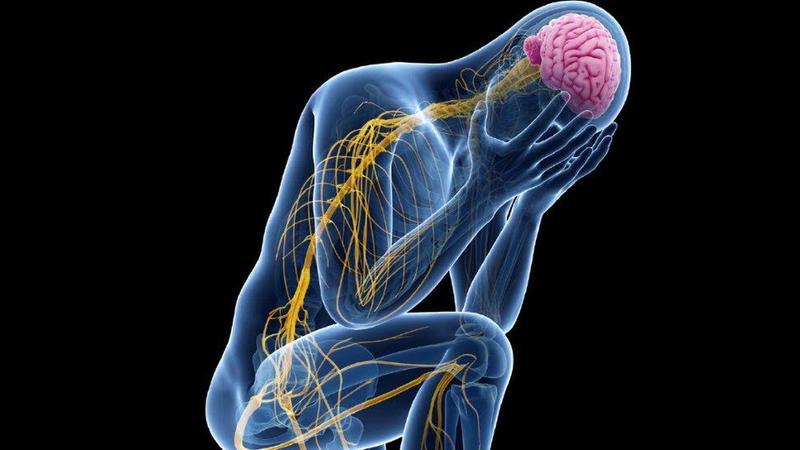
Urgency to Go
Dr. Englander emphasizes that people dealing with inflammation in their rectums tend to have the urge to get rid of something, even though nothing is there. The consistency of passing stools often changes when you have ulcerative colitis, as the urge to go could hit you abruptly and strongly — even though nothing comes out.

Severe Symptoms
Ulcerative colitis can lead to life-threatening conditions in some cases, including excessive bleeding, extreme dehydration and a perforated colon. It’s a medical emergency if all of these complications are evident, and you should seek urgent medical attention. This disease can also increase the chances of developing bowel cancer and blood clots in the veins and lungs.
